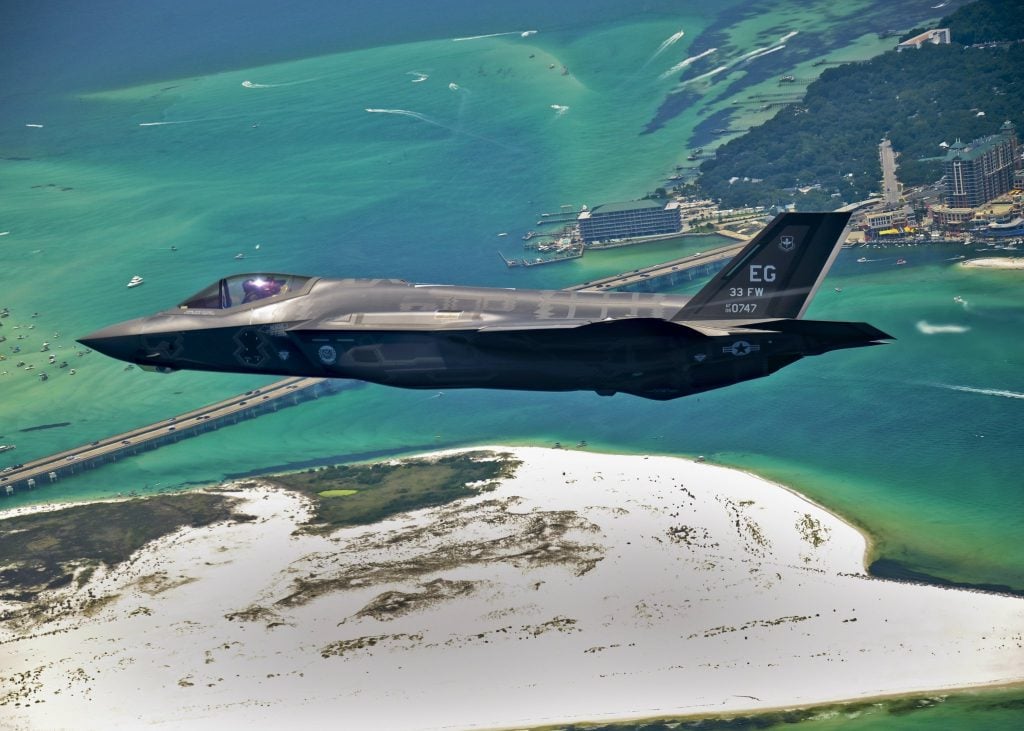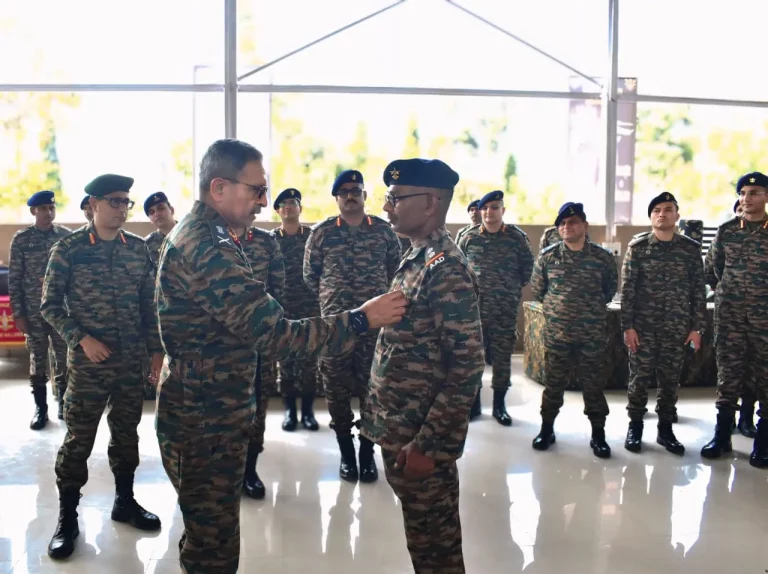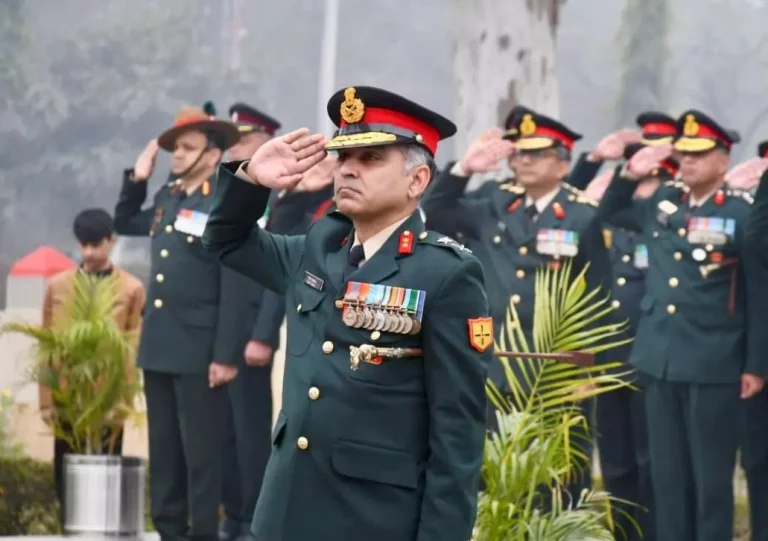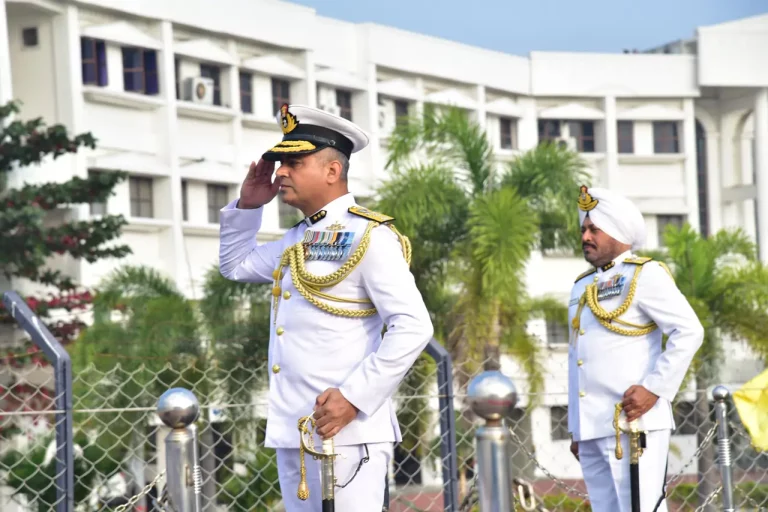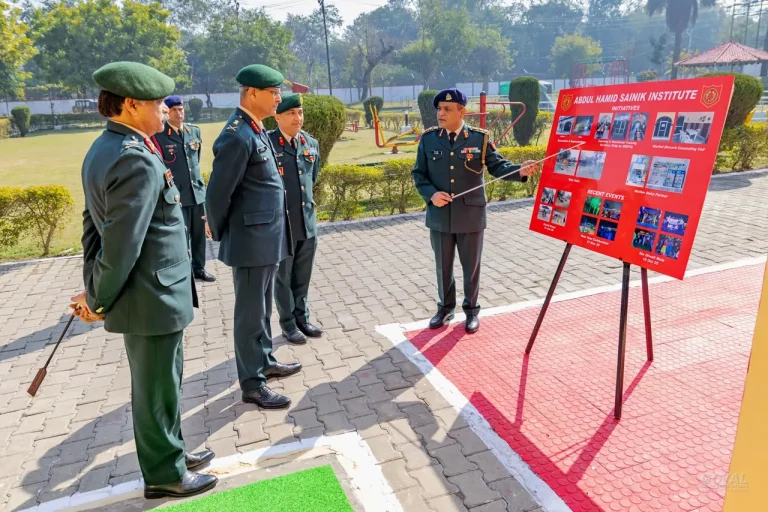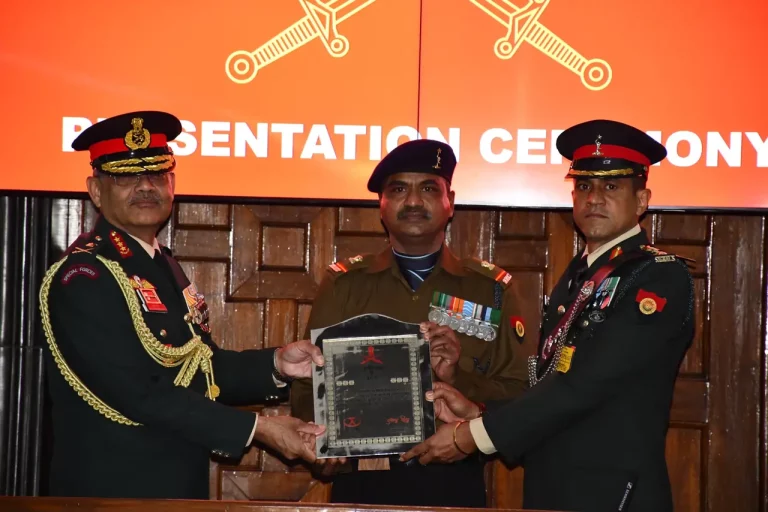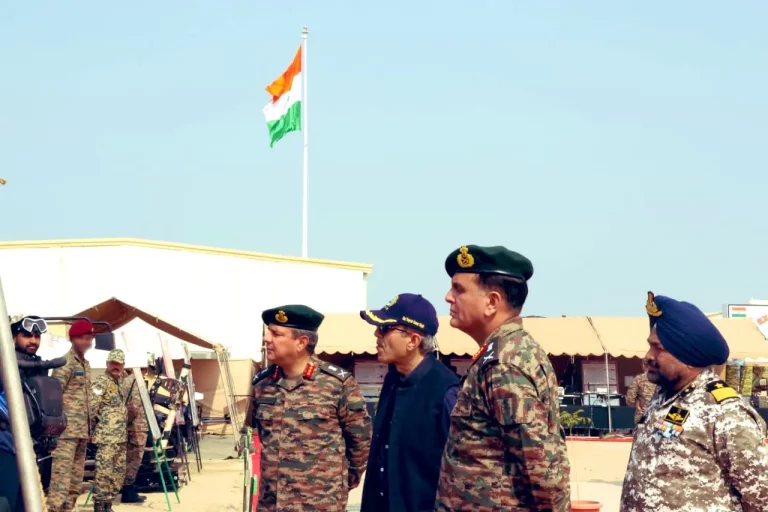In a significant milestone for defense relations between India and the United States, President Donald Trump has formally offered advanced F-35 stealth fighter jets to India. This announcement was made during a joint press conference with Indian Prime Minister Narendra Modi at the White House, signaling a transformative shift in bilateral defense cooperation.
During the press conference, President Trump declared, “Starting this year, we’ll be increasing military sales to India by many billions of dollars,” and added that there is a pathway to ultimately supply India with the F-35 stealth fighters. The F-35 is considered one of the most advanced and versatile combat aircraft globally, which would substantially enhance India’s defense capabilities in a region that is experiencing heightened security concerns.
The meeting between the two leaders underscored their mutual goal of strengthening defense, trade, and technological partnerships. President Trump highlighted what he called a “special bond” with Prime Minister Modi and identified India as a critical partner within the Indo-Pacific region, especially given the growing influence of China. In response, PM Modi voiced optimism about the future of U.S.-India relations, stating, “India is committed to deepening our cooperation with the United States across various sectors, including defense, energy, and technology. The provision of F-35 fighters is a testament to the growing trust and strategic alignment between our two nations.”
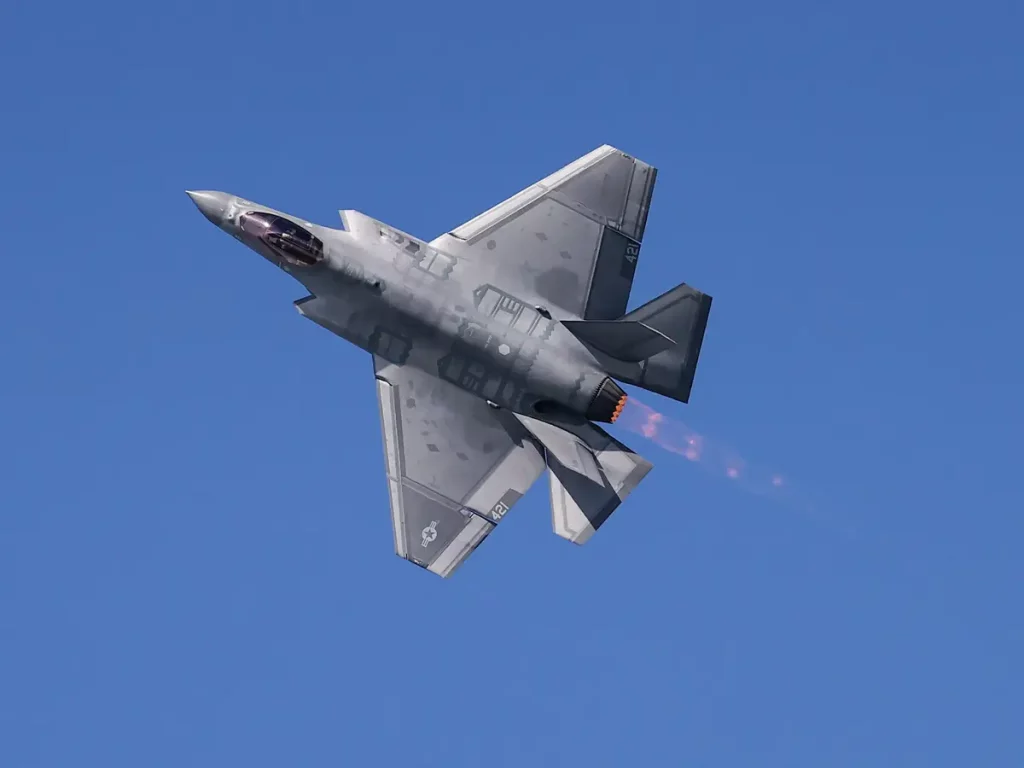
The defense deal aligns with a broader initiative to expand military cooperation between the two nations. India’s previous acquisitions from the United States include Apache and Chinook helicopters, P-8I maritime surveillance aircraft, and M777 howitzers. The planned acquisition of the F-35 jets would position India alongside a select group of nations operating these advanced stealth capabilities. Moreover, the discussions also encompassed maritime security, joint military drills, and intelligence-sharing efforts aimed at promoting regional stability.
In addition to defense, the leaders discussed trade, energy, and investment avenues. Both expressed a commitment to finalizing a comprehensive trade deal beneficial to both economies. PM Modi articulated India’s intent to collaborate with the U.S. in oil and gas trade to bolster energy security while President Trump underlined the necessity of addressing tariff-related challenges.
“To ensure India’s energy security, we will focus on trade in oil and gas,” PM Modi remarked, indicating a forthcoming “mutually beneficial trade agreement.”
A surprising moment during the discussions was the participation of tech titan Elon Musk, CEO of SpaceX and Tesla. His involvement sparked curiosity regarding potential collaborations, particularly in sectors intersecting with defense technology. Musk held a private meeting with PM Modi, where they explored possibilities within space technology, electric mobility, and renewable energy domains. Modi, having known Musk prior to his leadership, expressed enthusiasm about India’s potential to emerge as a global frontrunner in these fields.
Despite ongoing concerns regarding trade tariffs, President Trump reiterated the necessity for equitable trade practices, acknowledging India’s historically high tariffs. Nevertheless, both leaders resolved to amicably address these issues. Recent concessions by India, including reductions in tariffs on high-end motorcycles, were perceived as favorable gestures toward resolving differences.
As the U.S. and India continue to deepen their strategic partnership, the announcement of the F-35 deal stands out as a pivotal development in defense and diplomatic relations. With advancements in critical sectors and a shared vision for the Indo-Pacific, the India-U.S. relationship is anticipated to experience substantial growth in the foreseeable future.
